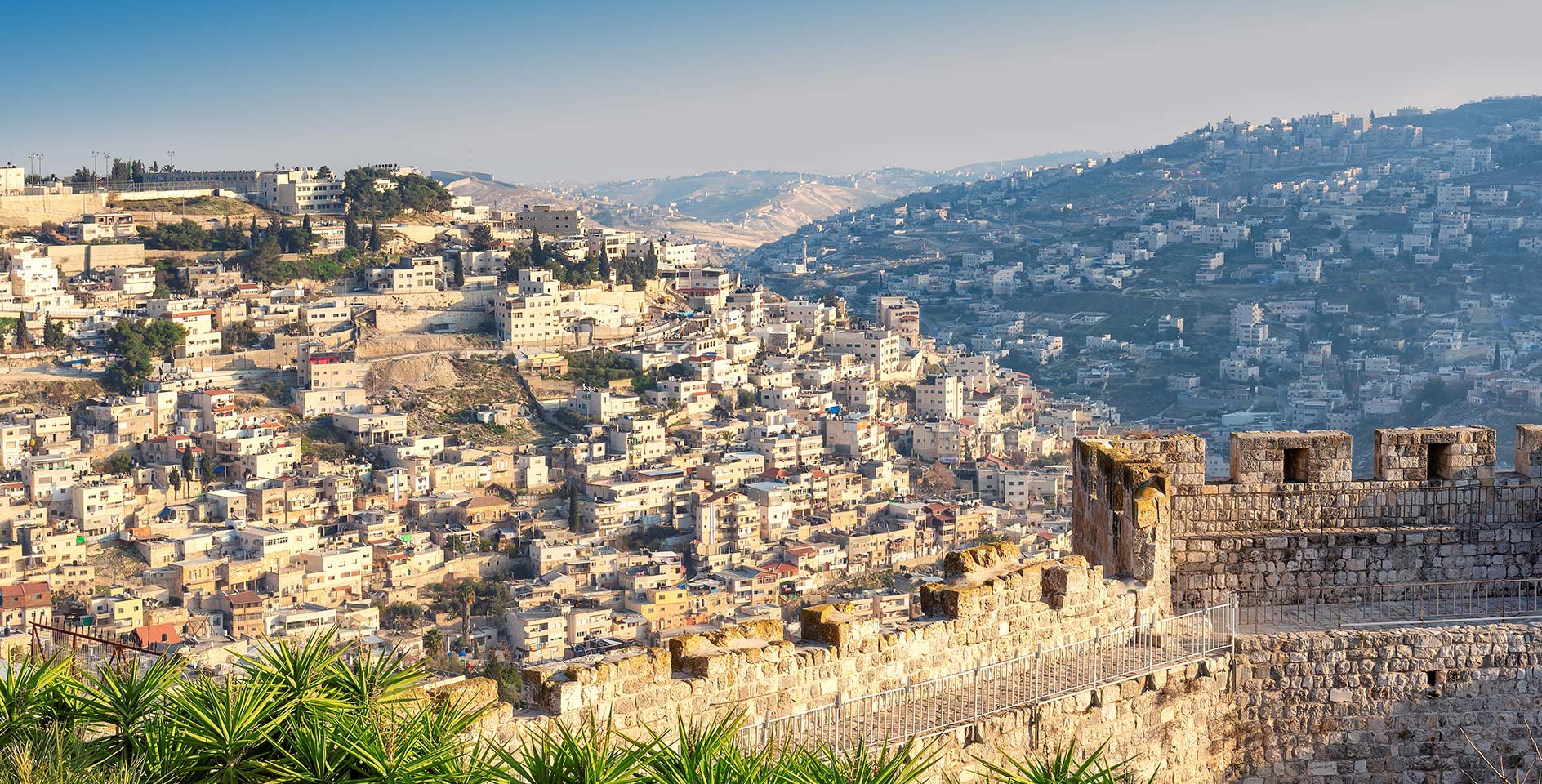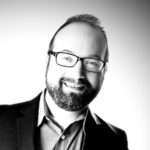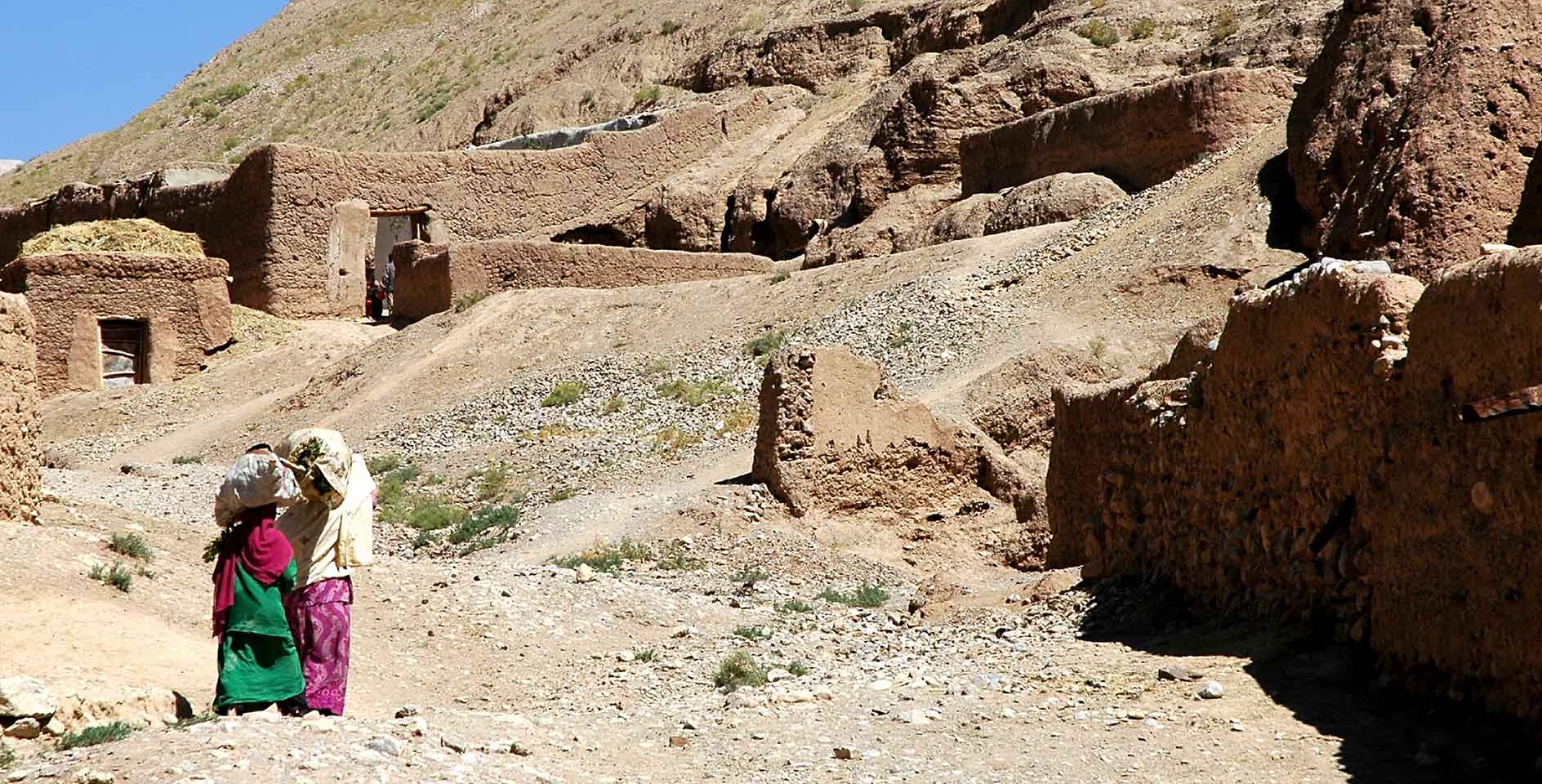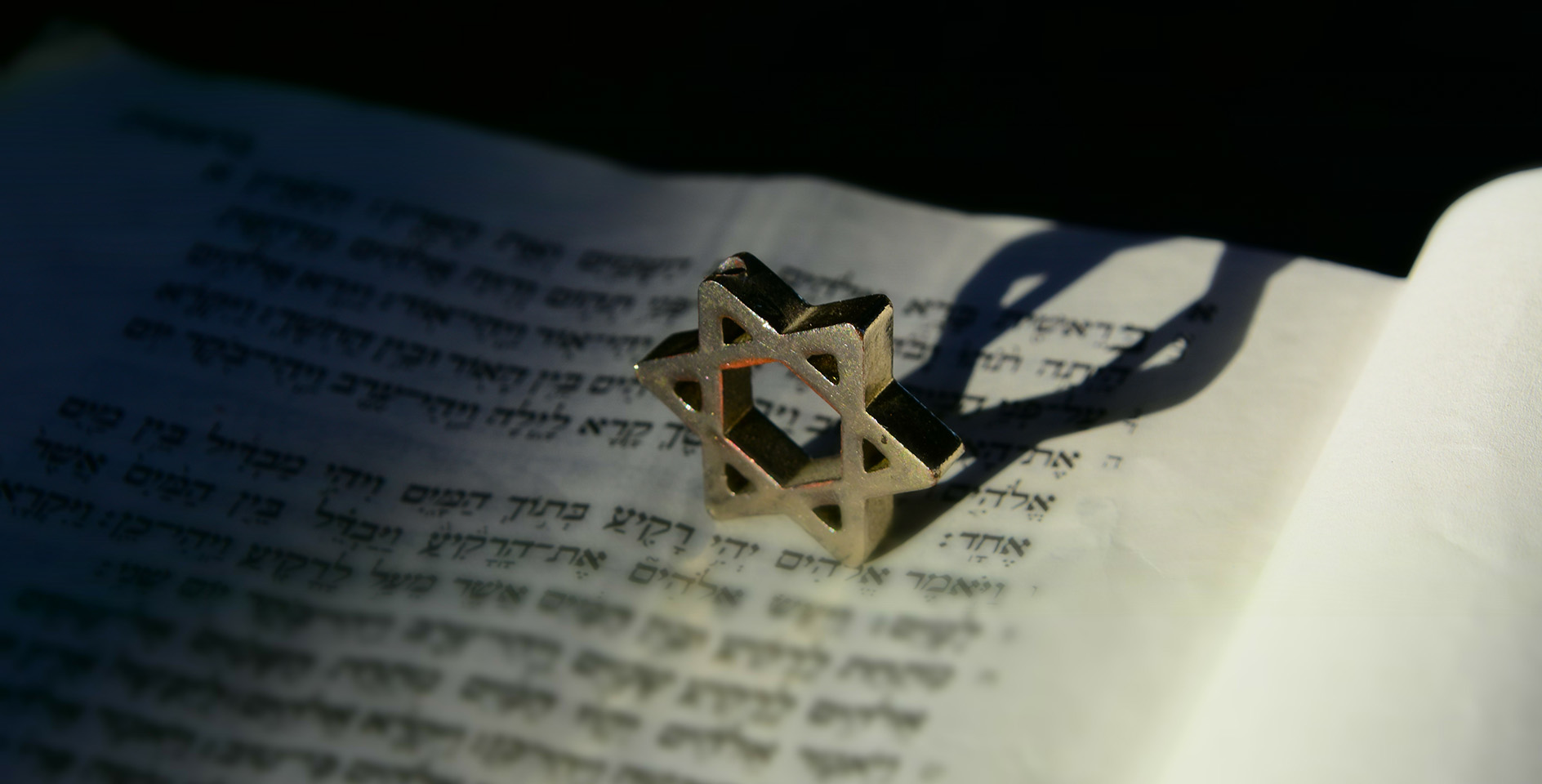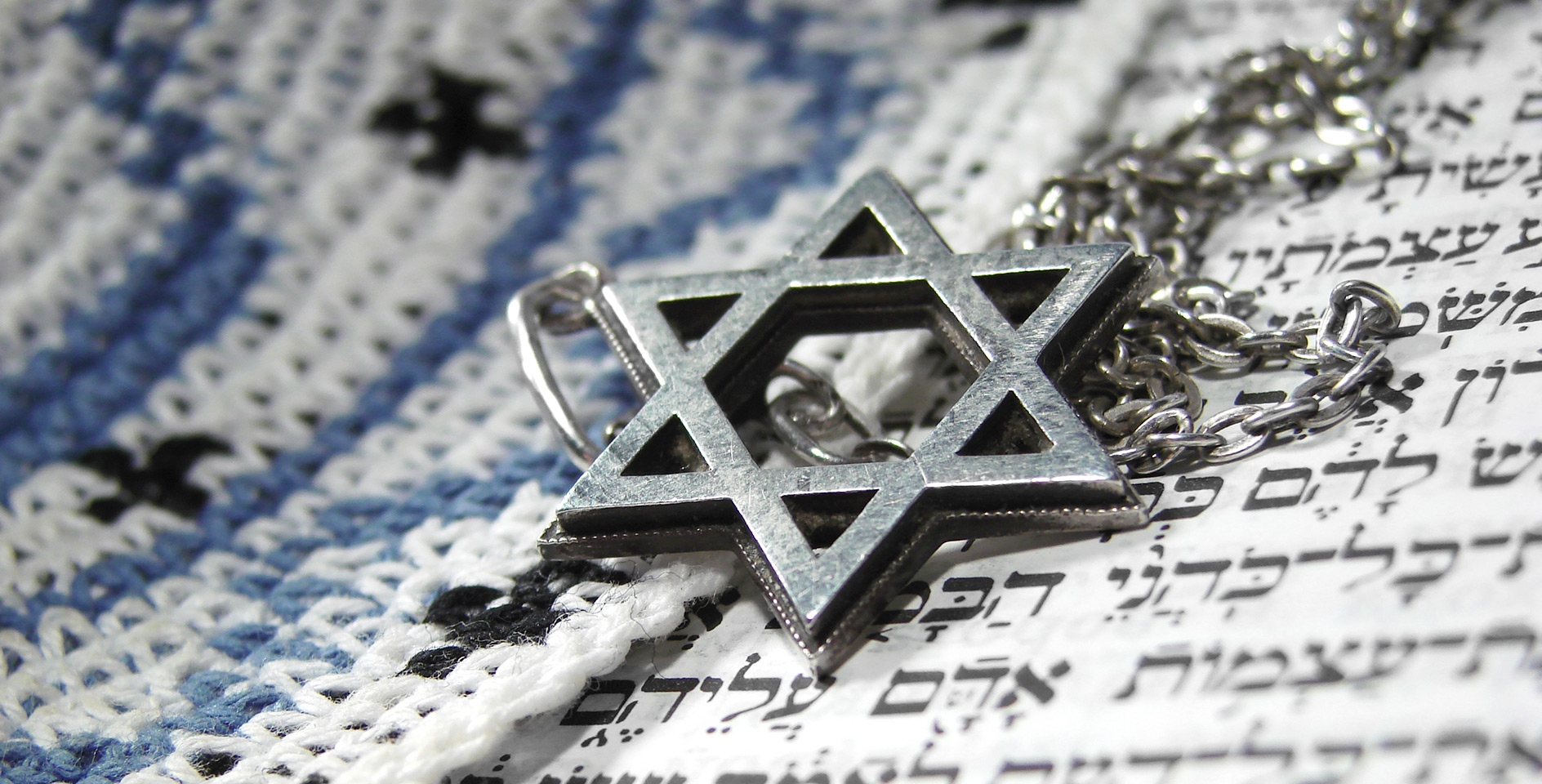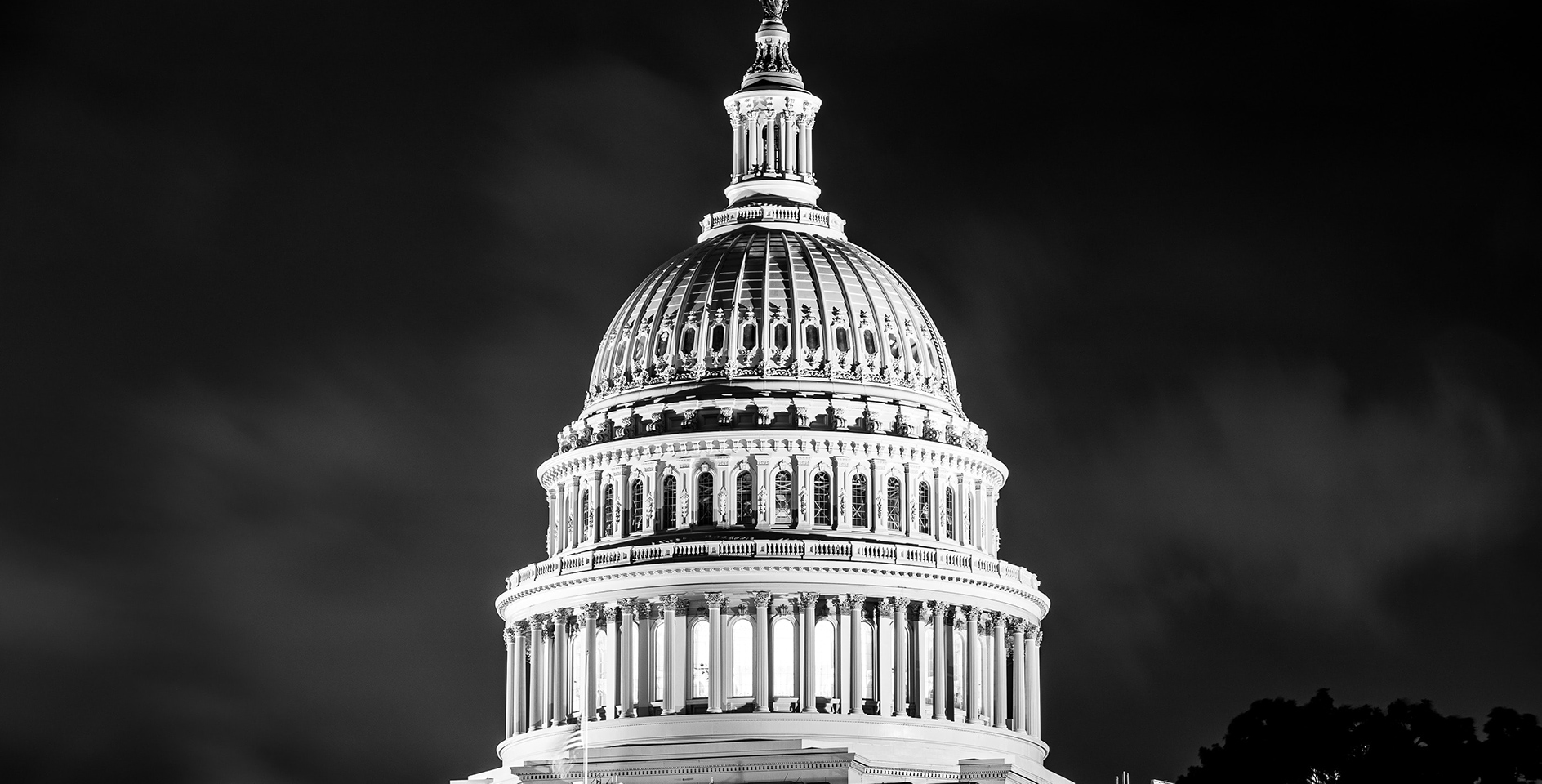I will never forget the Mount of Remembrance in Jerusalem. Such a quiet setting in the midst of a bustling city. A beautiful, tranquil place set apart for learning, reflecting, and resolving.
Resolving what? “Never again.”
If you have been there, you know that Yad Vashem — the World Holocaust Remembrance Center — sits on that mount. Its Hebrew name comes from Isaiah 56:
“I will give them, in my house and within my walls, a memorial and a name better than sons and daughters. I will give each of them an everlasting name that will never be cut off.” (Isa. 56:5, CSB, emphasis added)
Yad Vashem and other sites that tell the story of the Holocaust are needed now more than ever.
Sadly, our memories can be dangerously short. We are prone to forget that the evil manifested in the murder of 6 million Jews did not just suddenly appear. We may overlook its seeds in anti-Semitic words, images, and disturbing actions that many felt either powerless to confront or more comfortable to ignore.
Anti-Semitism is on the rise again today. If we fail to remember and we choose to avert our eyes, we do so at our own peril.
Reports of an evil resurgence
The U.S. Commission on International Religious Freedom (USCIRF) recently released its Annual Report aimed at helping the State Department put together its “Country of Particular Concern” list. That statutorily mandated roll is for foreign governments that have “engaged in or tolerated systematic, ongoing and egregious violations of religious freedom.”
Much of the report focuses on who USCIRF is concerned about and why (the ERLC explored this here). However, the watchdog agency added a new section this year with observations about the world’s broader religious freedom landscape.
Among those more general areas of concern is the resurgence of anti-Semitism, particularly in Europe.
Europe’s Jewish population was more than 9 million strong before the Holocaust, but today that number is closer to 1 million. France has the largest number at 450,000 — a group that is less than 1% of the country’s population. The United Kingdom has 270,000, Russia 170,000, and Germany 116,000.
Despite their relatively small numbers, Jews have come under increasing attack in the last year. USCIRF reports a 27% increase in anti-Semitic acts in France, including assailants using Nazi symbols to desecrate more than 180 graves in Jewish cemeteries. In the UK, the commission notes a 7% rise in offenses punctuated by a schism in the powerful Labor Party over allegations of unchecked anti-Semitic pronouncements.
There was also a Yom Kippur attack on a German synagogue, serious threats to an Italian member of parliament who is Holocaust survivor, and “a pattern of anti-Semitic bullying” in Sweden.
At a USCIRF hearing on anti-Semitism in January, Sharon Nazarian of the Anti-Defamation League pointed to a European Union poll showing that 28% of Jews there reported some form of harassment over the prior 12 months. Many (40%) worried about being physically assaulted, and a third of respondents had avoided at least some Jewish events because of those fears.
Strikingly, a quarter of those polled had faced Holocaust denial. Also, 38% of them considered emigrating over the last 5 years because of security concerns.
A global problem
Of course, this problem is not limited to Europe. ADL’s Nazarian told USCIRF, “In many countries around the world today Jewish communal leaders advise their community members not to display outward signs of their Jewish religion or identity, such as kippot, for fear of violent attacks by anti-Semites in public.”
Similarly, USCIRF Vice-Chair Gayle Manchin highlighted recent attacks on Jewish people and property in Argentina, Kenya, and Australia to show that “this truly is a global phenomenon.”
And, let’s not forget our own house. The 2018 assault on Pittsburgh’s Tree of Life synagogue that claimed 11 lives was the deadliest single incident of anti-Semitic violence ever in the United States. Since then, America has seen more acts of intimidation and violence, including a Passover shooting in California and a Hanukkah knife attack near New York City.
After the holiday stabbing, New York Gov. Andrew Cuomo said, “If anyone thinks that something poisonous is not going on in this country, then they’re in denial.”
Time to stand
In a 2003 resolution on anti-Semitism, Southern Baptist Convention messengers denounced “all forms of anti-Semitism as contrary to the teachings of our Messiah and an assault on the revelation of Holy Scripture.”
They resolved to “affirm to Jewish people around the world that we stand with them against any harassment that violates our historic commitments to religious liberty and human dignity.”
Indeed, we must stand against this hatred and its seeds whether spewed by neo-Nazis, militant Islamists, or far-Left vilifiers of Israel and its 6.7 million Jews.
Holocaust denial must also not be permitted to take root.
Anti-Semitism is an imminent threat to our Jewish neighbors, and it is a scourge to all who love life and liberty. Let us redouble our resolve to stand against this evil. Never again.



